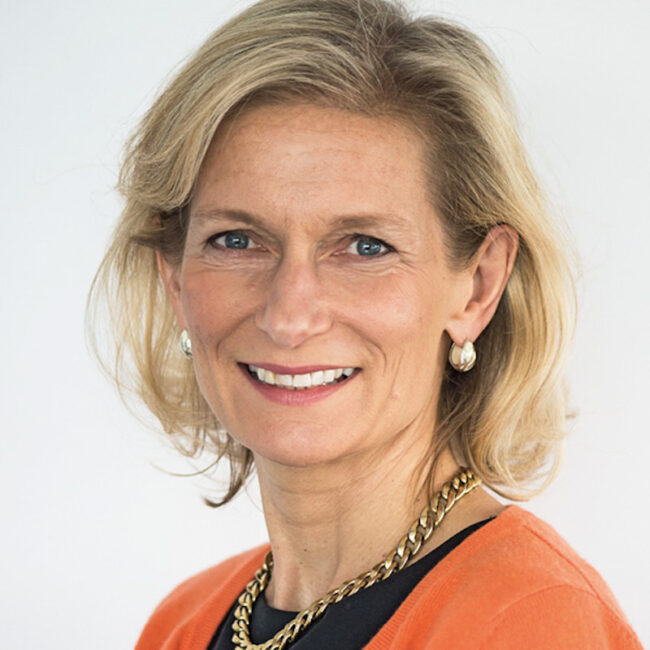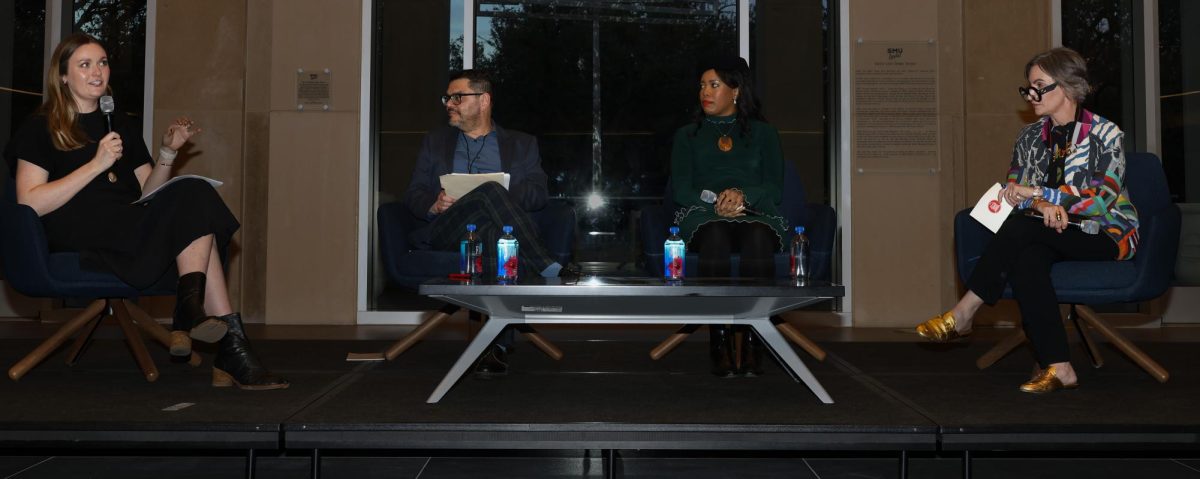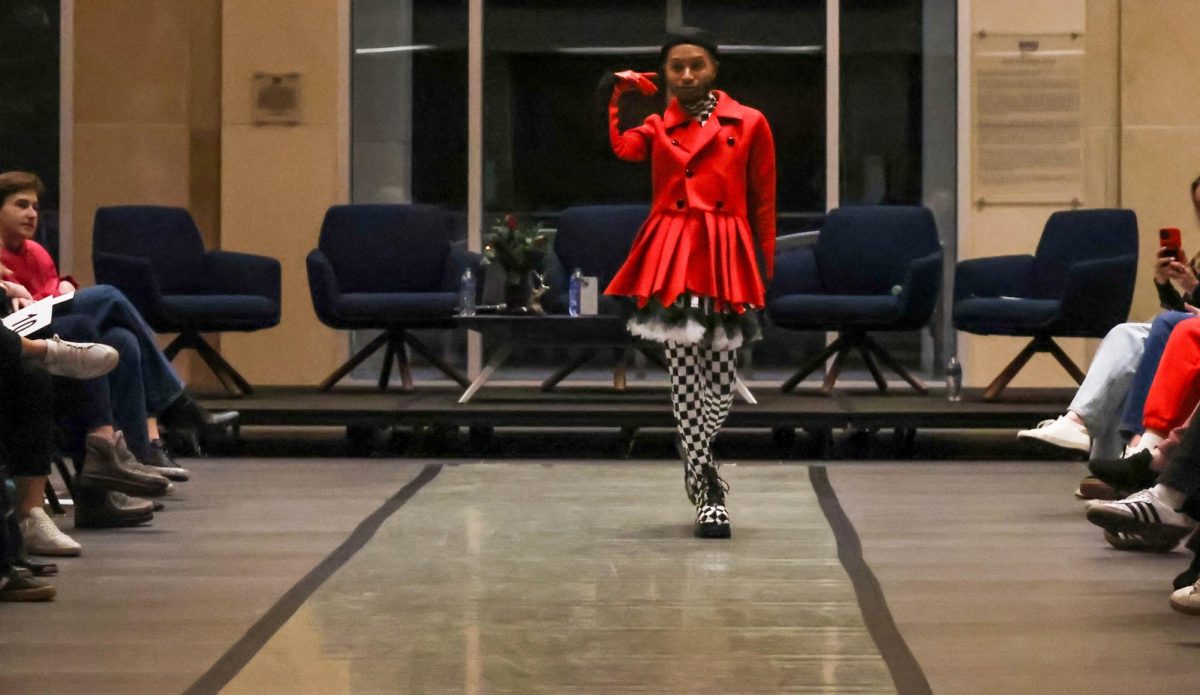The world has radically changed since Zanny Minton Beddoes was scheduled to speak a year ago at the Tate Lecture.
“It is dramatic how much our lives have changed,” Beddoes said.
Beddoes, the editor-in-chief of The Economist and named one of the “Most Powerful Women in the World” by Forbes, joined SMU for the 8th Tate lecture of the season on March 16, 2021.
Since the time Beddoes was scheduled to speak, the world has undergone an international pandemic that created huge impacts on the economy and technology throughout the world.
“We are not going back to the same kind of economy,” Beddoes said. “We have got used to the way we live our lives differently; we have accelerated the pace of technological change; we’ve changed the way we’re going to work.”
Beddoes pointed to three shocks that have greatly uprooted the economy during the time of the pandemic: technology, geopolitical, and climate shocks.
During the past year, the way business, education, and work are conducted has changed dramatically due to the increase in technology needed during the pandemic.
“It brought change that people were expecting to take a number of years, into a number of months,” Beddoes said.
Beddoes believes the digital revolution was already changing the world before COVID-19, but the pandemic spurred on quicker advancements.
When talking about China, Beddoes thinks the disharmony between the country and the U.S. has increased the already present rivalry.
“That’s also been made much worse in the past year because you might think that in the worst pandemic in a century, the world’s biggest and second-biggest economies would work together, but in fact, it’s been an acrimonious blame game,” Beddoes said.
Both countries have had different methods for handling the virus, which has created a divide in understanding and cohesion.
As well as international relations, Beddoes also noted the massive economic impact the pandemic has had within the country.
“In addition to the toll and death and suffering, the really striking thing of the last year has been the economic toll,” Beddoes said. “2020 was the deepest global recession since the 1920s.”
Even though some business sectors have completely collapsed while other necessary sectors in the pandemic have flourished, the lockdown completely halted most of the economic movement at the beginning.
“In the first few months of the pandemic, the lockdown that was imposed across much of the world effectively put the global economic activity into cardiac arrest,” Beddoes said.
SMU Tate Lecture Chair from Student Foundation Rhys Prosser hopes the country can learn from the unexpected nature of the pandemic.
“I’m hoping that this devastation showed us that no matter how progressive we think we are scientifically, or how resilient we are as a population, we are still vulnerable to things like viruses,” Prosser said.
Beddoes also feels that the world has a lot to learn from an unexpected event like a pandemic.
“I think one of the lessons of the last year has been a realization of just how dramatically the entire world can be affected by something that affects the whole world, and the pandemic was a relatively low probability event,” Beddoes said.
Beddoes acknowledges that the perspective of the effects from the pandemic depends on many different factors.
“The experience of this pandemic has been very different depending on what country you are in, what income level you’re at, and it also suggests that the immediate outlook differs very dramatically,” Beddoes said.
However, Prosser has a positive outlook during this time and hopes that the country can continue to grow as it has.
“I hope that people are just more open-minded to progress, and just realize that we are here for a short time,” Prosser said.
Though the events in 2020 led to an economic shock, Beddoes expects the U.S. to be well-positioned for a strong recovery.
“In the short term, it seems to me, increasingly clear that the U.S. economy is likely to come roaring back,” Beddoes said.
Due to all of the changes from the past year, Beddoes also anticipates that citizens’ expectations of government intervention will increase.
“The second big change that I think is here to stay is a very dramatic change in the scale and expectation that people have of government,” Beddoes said. “If you look back over history, government control over an economy takes a big step forward during crises…At the end of the crisis, the government may shrink a bit, but it never goes back to where it was before.”
The pandemic has created numerous uncertainties for everyone, so Beddoes believes that this time is one of a macroeconomic experiment.
“Either way, we are not going back to the pre-COVID world,” Beddoes said. “We’re embarking on a huge experiment and where it ends up depends on our decisions, on our society, and the decisions we make in the next couple of years…It is really up to us.”















